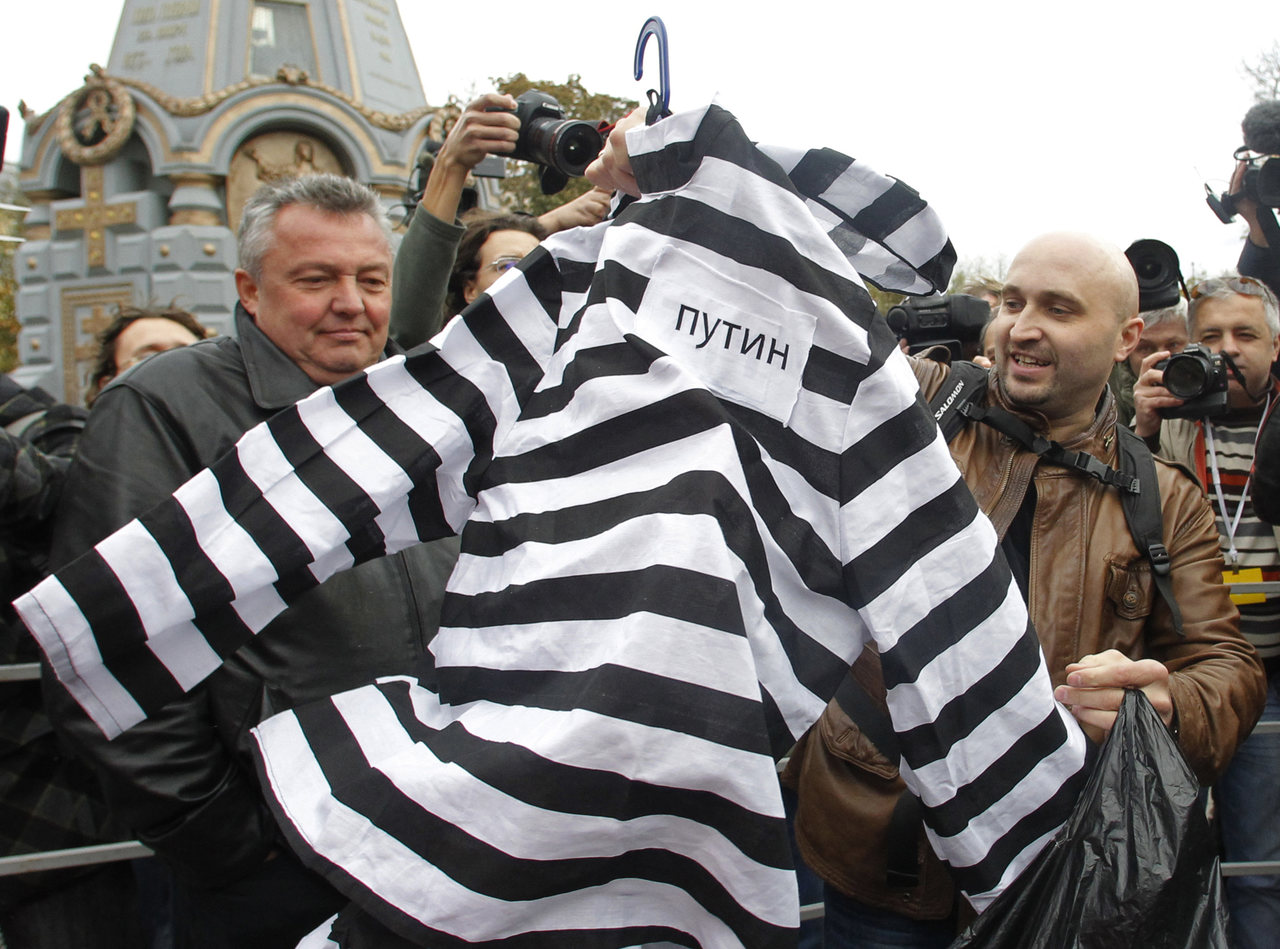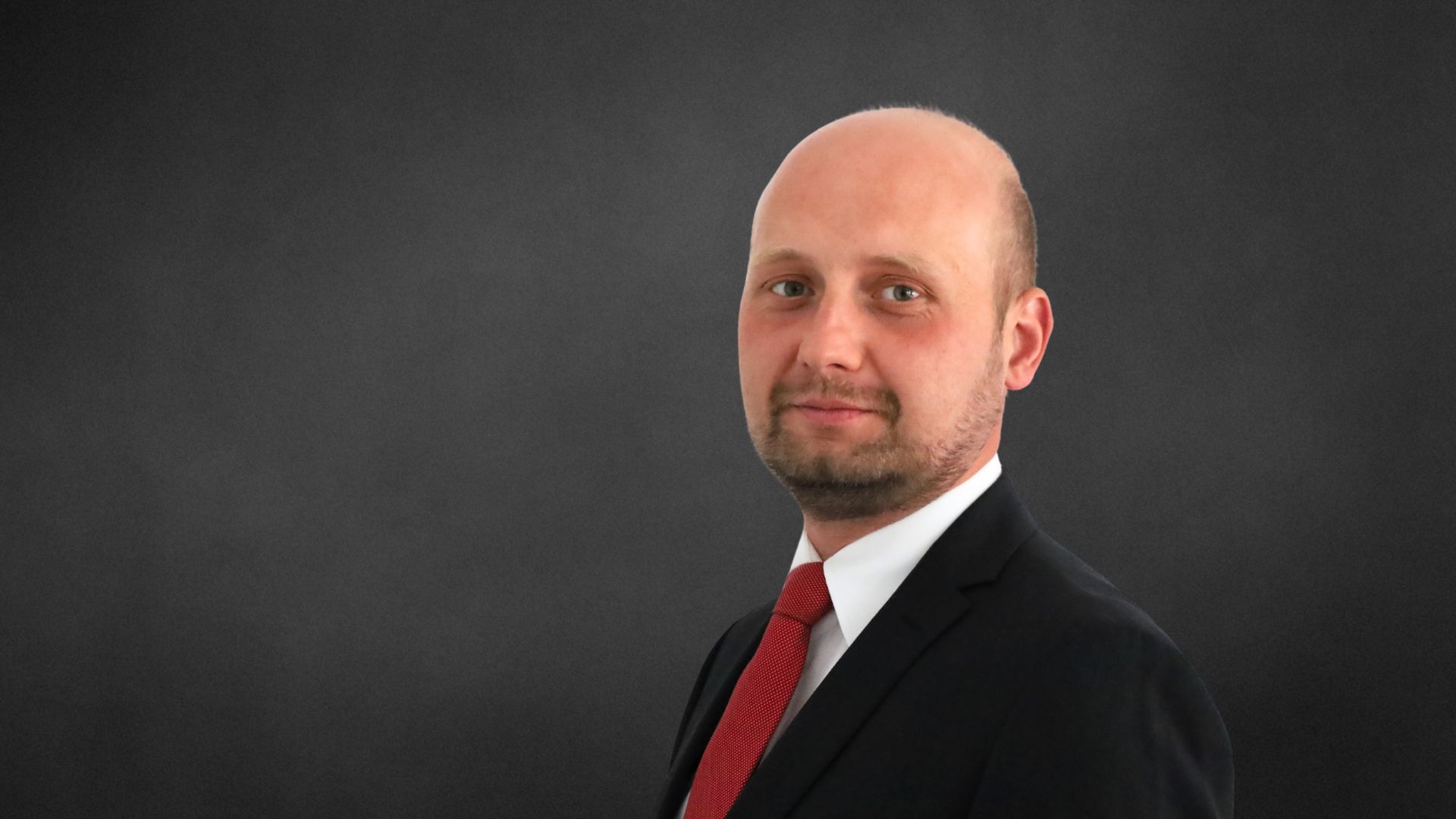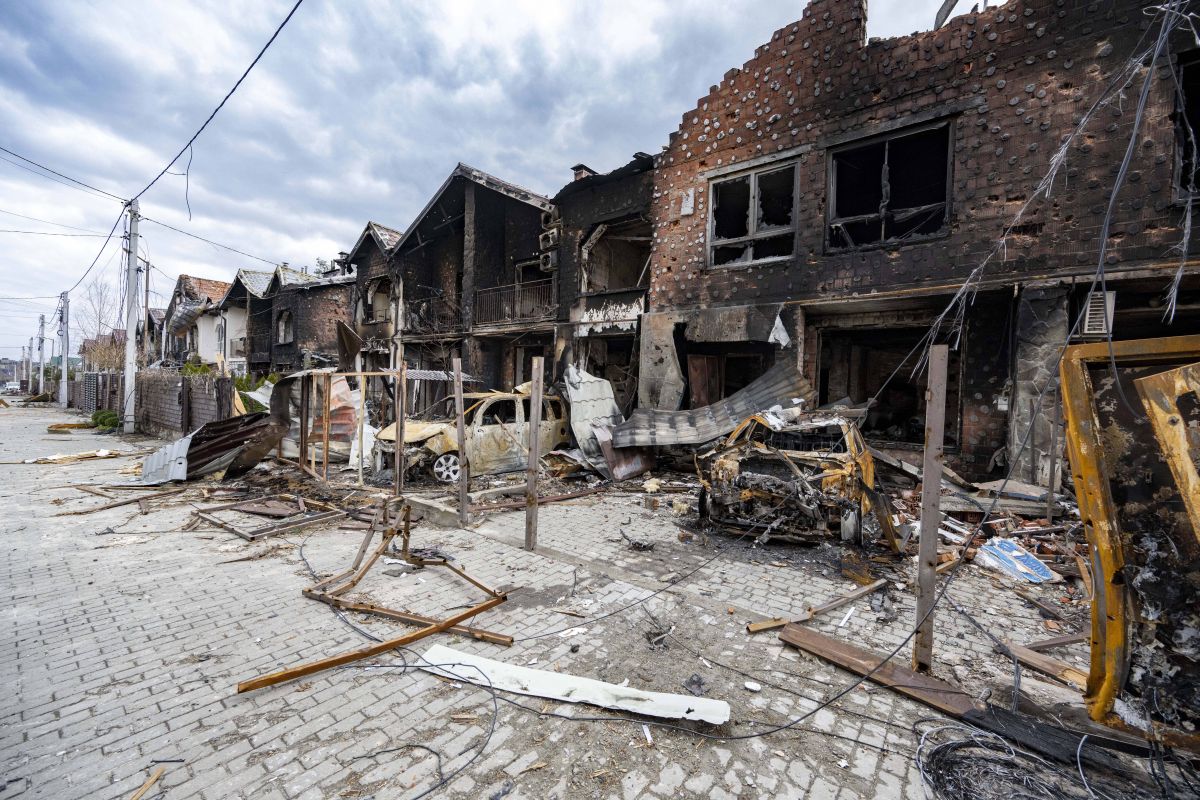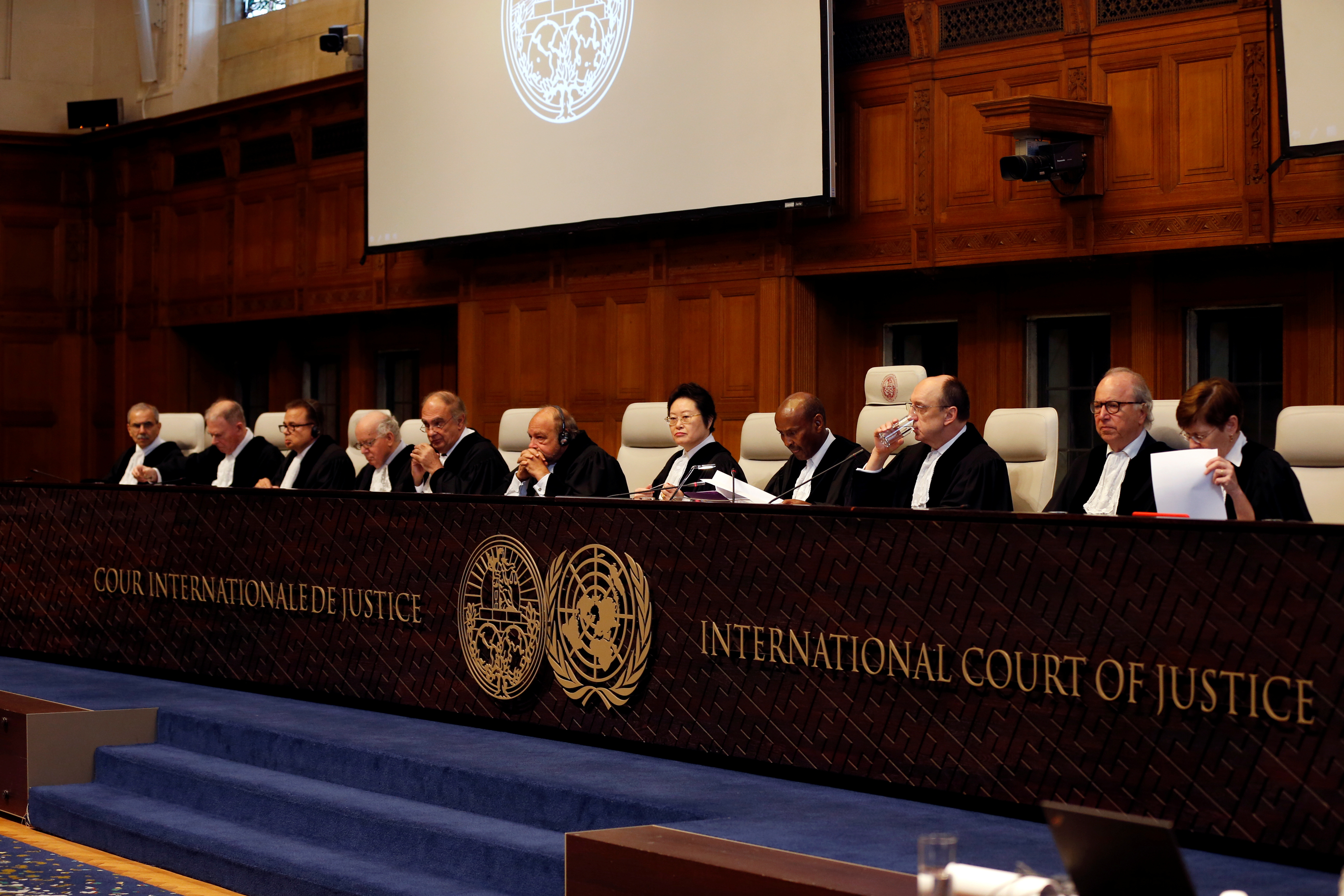ICC Issues Arrest Warrant for Vladimir Putin
On 17 March, the International Criminal Court (ICC) issued arrest warrants for Russian President Vladimir Putin and the Commissioner for Children’s Rights in his office, Maria Lvova-Belova, officially the Russian ombudswoman for children’s rights. Both are suspected of committing war crimes by the ICC Prosecutor’s Office. The ICC’s step against Putin is an important gesture that shows that the court does not shy away from prosecuting even the highest officials. However, enforcing the warrants will be difficult given that both individuals will avoid countries where they could be arrested and transferred to the court’s custody.
 Maxim Shemetov / Reuters / Forum
Maxim Shemetov / Reuters / Forum
What are the arrest warrants issued by the ICC for?
The warrant issued against Putin is related to his involvement in the forced transfer to Russia of part of the civilian population living in the areas of Ukrainian territory occupied by Russian troops since the end of February 2022. In addition, Putin is accused of failing to exercise proper control over his subordinates and prevent the acts they committed despite being aware of them. The Russian commissioner is accused of participating in the unlawful forced transfer. The acts identified in both warrants are serious violations of the Geneva Conventions and constitute war crimes according to Article 8 of the ICC’s Rome Statute.
The ICC considers the evidence gathered so far to serve as reasonable grounds to bring both individuals before the court. At the same time, this does not mean impunity for Putin in relation to other crimes committed by, for example, the Russian armed forces, of which he is the commander. The rules allow the ICC Prosecutor’s Office to supplement the warrants with further charges. It also will be possible to try him for other acts before a special tribunal.
What is the broader context of the case?
The references to the transfer of a population in the warrants refer to the Russian practice of sending unaccompanied Ukrainian children to Russia (according to Ukrainian estimates, around 16,000 so far), including as a result of forced separation from relatives or the relatives’ death. This usually involves the child being granted Russian citizenship and placed in an orphanage or put up for adoption by Russians. This practice has been criticised by the Ukrainian authorities, the Council of Europe Commissioner for Human Rights, the UN High Commissioner for Refugees and others as contrary not only to the Geneva Conventions but also to, for example, the rights to privacy and family life and the Convention on the Rights of the Child. Russia has already been using forced transfers since at least 2014, though on a lesser scale than in the last year.
The limitation of the charges for the time being to one crime is probably due to evidentiary reasons. It seems impossible to successfully challenge them in practice given that, for example, in May 2022, Putin issued a decree to expedite the granting of Russian citizenship to children from Ukraine, and Lvova-Belova also publicly promoted such measures and announced that she had adopted one Ukrainian child herself.
What are the legal consequences of the arrest warrants?
The warrants oblige states that are parties to the Rome Statute (currently 123, including Poland) and Ukraine (due to its acceptance of ICC jurisdiction) to arrest and hand over Putin and Lvova-Belova to the court if they are found on territory controlled by these states. The warrants have no expiration date, so it applies even if both leave their posts. In addition, according to Article 27 of the Statute, persons prosecuted by the ICC do not enjoy immunities, such as those reserved for the head of state. However, as the ICC president, Polish Judge Piotr Hofmanski, stressed, the execution of the warrants will depend on international cooperation. It is not certain, for example, that all developing countries will comply with this obligation, especially towards Putin. Some, such as Nigeria and South Africa, refused to arrest Sudanese President Omar al-Bashir, for example, and despite the damage to its image caused by the aggression in Ukraine, Russia remains an important partner for some of them. On the other hand, it is not impossible that even a state not party to the statute may see surrendering Putin to the ICC as beneficial to its relations with the West. The order will therefore severely hamper his visits abroad, requiring Russian diplomats to probe the possibility of his arrest beforehand, for example, ahead of his participation in the BRICS summit in South Africa this August.
What other consequences might there be of issuing the warrants?
The ICC hopes that making the warrants public may help prevent the commission of further crimes, particularly Russian crimes in Ukraine. The charges against Lvova-Belova may make some Russian officials realise that following up on crimes in Ukraine will not be limited to the military and the highest people in the state, prompting them to avoid involvement in violations of the law. The warrant against Putin, in turn, may be a factor in encouraging scepticism among some elites about his remaining in office, although it may also increase his determination to follow his current course. Both warrants may also help to improve the ICC’s image among some African states, which have accused the court of applying double standards and focusing too much on Africa for years. For Poland and Western countries, on the other hand, they will be another argument confirming Russia’s criminal actions in Ukraine, the need to maintain political unity in the face of aggression, and the need to support the ICC.





